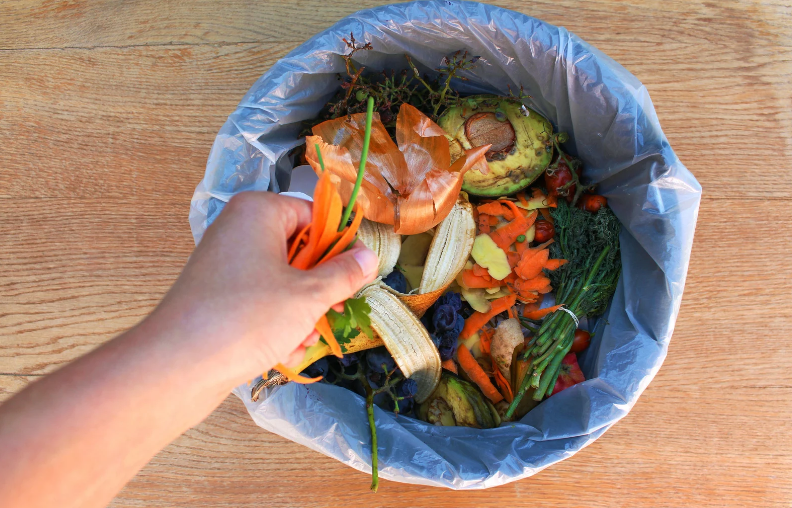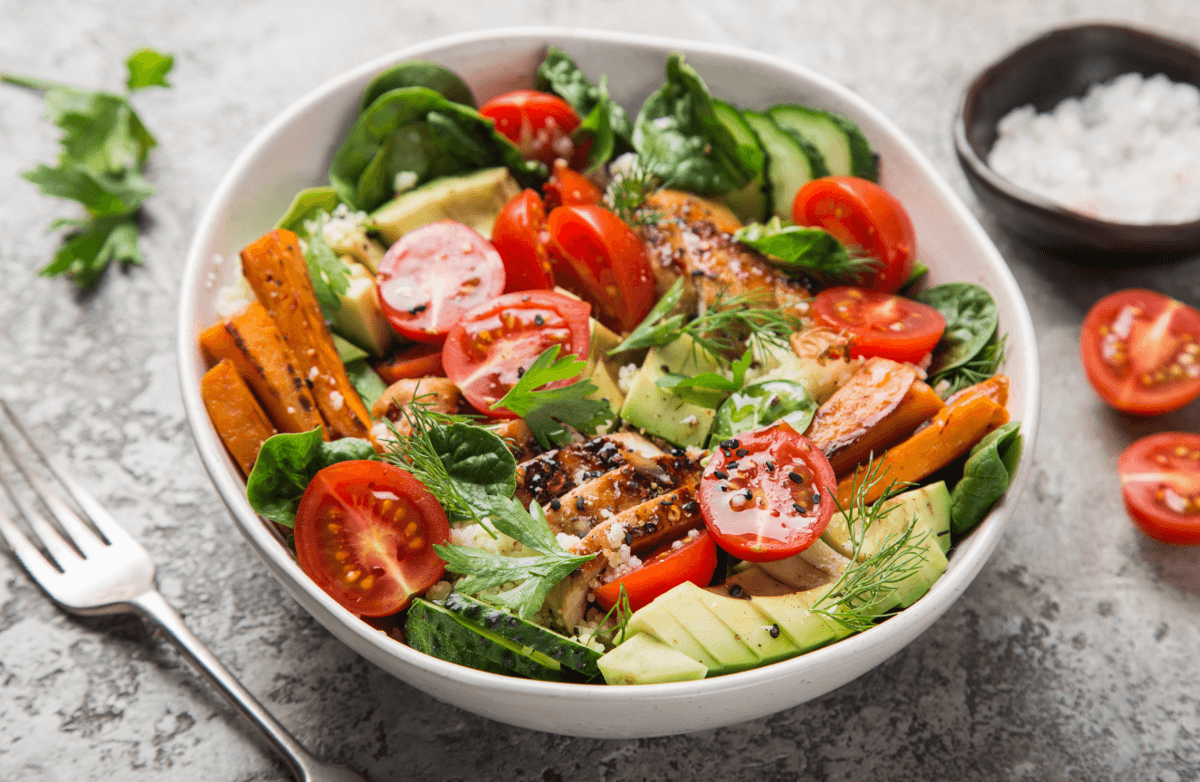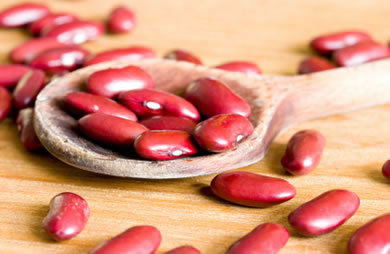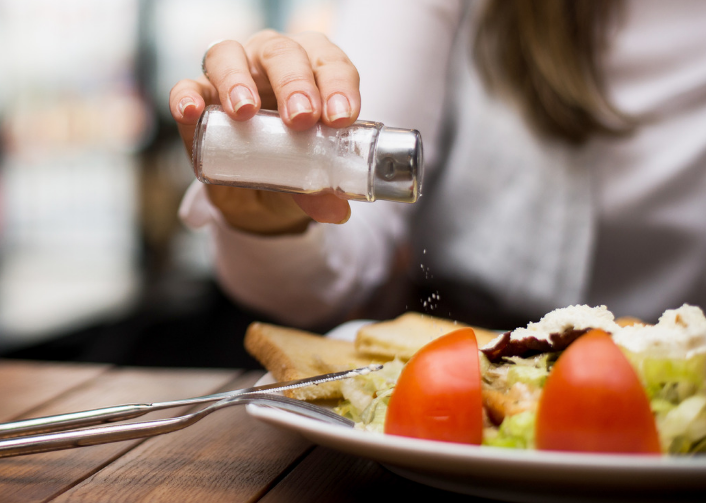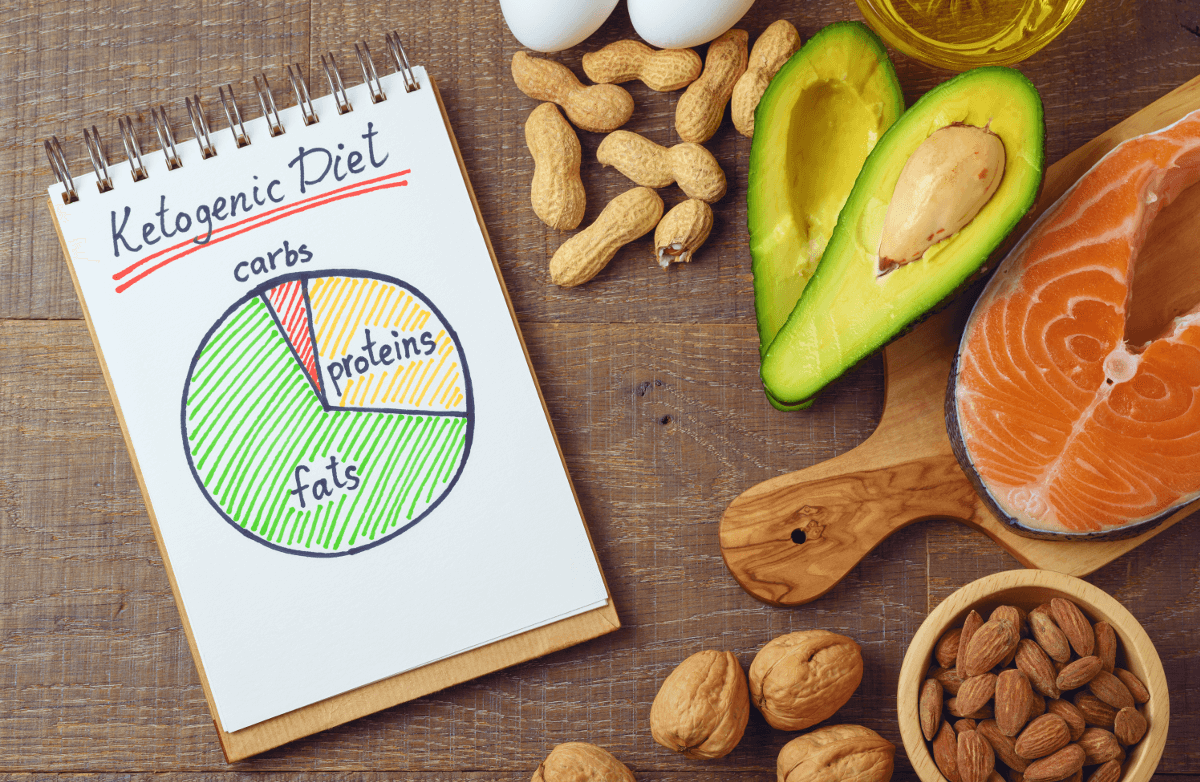If you think you’re following the rules and still not seeing results, perhaps you need to take a closer look at your daily habits. These hidden mistakes might not seem so bad on the surface, but their cumulative effect could bring your weight loss to a screeching halt.
1. Stop drinking so many smoothies and juices.
While smoothies can be a convenient and palatable way to work more nutrients into your diet, registered dietitian Mandy Enright warns that relying on them as a primary source of fuel can backfire. "When we consume liquid meals, they are quickly absorbed through the gut, providing a large sugar rush to the body," she says. "They also don’t leave us feeling full for very long, making us want to consume additional calories sooner than we would if we had consumed a more solid meal full of fiber and protein."
Freshly squeezed fruit juices might seem like a weight-friendly option, but they're packed with calories. "It takes about four oranges to make a small glass of fruit juice, and the juice retains all of the fructose [fruit sugar] with none of the fiber you would have gotten from eating the fruit," says fitness trainer Julia Buckley. "This means the fructose acts more like refined sugar in the body, [causing] a very similar effect to sugary soda."
Instead, Enright recommends consuming several adequate meals throughout the day—breakfast, lunch, dinner and one to three snacks depending on your schedule and hunger level—that contain high fiber, lean protein and fruits and veggies. "This will keep you feeling satisfied and less likely to snack between meals, leading to more efficient energy and metabolism," she says.
2. Stop using so much cooking oil.
Oil is always a healthier choice than butter or margarine, especially Mediterranean-inspired olive oil. While the 2015 dietary guidelines recommend focusing on plant-based oils, most people far exceed the moderate amount. Toby Amidor, RD, author of "The Greek Yogurt Kitchen," points out that one tablespoon of any oil contains 120 calories.
"If you cook chicken in a half-cup of oil, that's 960 extra calories in the dish, and if you add one cup of oil to dress your salad or vegetables, that's 1,920 extra calories," Amidor warns. "Using a reasonable amount of oil—such as one or two tablespoons for 1 ¼ pounds of meat or two teaspoons to cook a vegetable side dish—will cut back on the calories and help promote weight loss."
3. Stop drinking diet soda.
The lack of calories in the diet alternative makes it seem like a smart beverage choice, but studies show that people who drink diet soda are actually more likely to gain weight. "Your brain doesn’t know the difference between artificial and real sugar," notes Lorraine Miano, holistic health coach with Infinite You Health. "The artificial sugar triggers your brain to think that these calories are coming, and then when they don’t, you crave more carbs."
In another strike against diet soda, artificial sweeteners have been shown to change our gut bacteria in such a way that turns more energy into fat and potentially leads to insulin resistance.
4. Stop rewarding workouts with food.
It's easy to fall into the trap of thinking you've earned an extra slice (or two) of pizza after that grueling spin class or extra lap around the track, but the habit of food-based post-workout rewards can quickly become a stumbling block on your journey to weight loss.
"A single donut or candy bar can quite easily erase your hour of hard work at the gym," warns Tyler Spraul, trainer with Exercise.com. "Instead of rewarding yourself for every single workout, try scaling back to rewarding yourself for recording all your scheduled workouts in a week, or for three workouts in a row. This way you can still look forward to an occasional splurge, but it's not a daily occurrence." Remember, also, that just because it’s a reward doesn’t necessarily mean you have to head to the kitchen—there are many ways to pat yourself on the back that have nothing to do with food.
5. Stop working out every day.
This may seem counterproductive when it comes to weight loss, but there is such a thing as overdoing the exercise. To prevent burnout and injury—and to give you the energy you need to tackle your workouts—it's important to factor in rest days. "Muscle tissue is an important factor in healthy weight loss," says Dempsey Marks, personal trainer and co-creator of the PreGame Fit fitness and lifestyle program. "When you hit the gym—especially when you're incorporating weight training—you're actually breaking down your muscles. You need recovery time for them to repair and rebuild."
That doesn't mean you should sack out on the couch with Netflix and potato chips. Look for lighter forms of activity that will help you maintain the habit of daily movement, such as yoga, a bike ride or a brisk walk.
6. Stop starving yourself.
While moderation and portion control are great tools for your weight-loss arsenal, cutting calories too much can have the opposite effect. Rene Ficek, registered dietitian with Seattle Sutton’s Healthy Eating, warns that dipping below 1,200 calories per day can put the brakes on your metabolism as the body slows down its processes in an effort to conserve energy. "At a minimum, you need to eat enough calories to match your resting metabolic rate," says Ficek.
That said, you don't necessarily have to belong to the clean plate club. "Eating everything on your plate just because it's there can result in overconsumption of calories and unwanted weight gain," Ficek says. Instead, try to stop eating when you are 80 percent full. All those little bits of uneaten food add up to hundreds of calories and many pounds throughout the year.
7. Stop spending so much time on the treadmill.
It's easy to get stuck in a cardio rut, buying into the belief that aerobic exercise is the only way to melt off the pounds. While it's true that all those stints on the treadmill do burn calories and strengthen the heart and lungs, they are but one component of the successful weight loss equation.
Even if lifting weights isn't in your wheelhouse, personal trainer Shane McLean recommends getting off the treadmill at least once a week and doing some strength training. Starting slow and working up to more reps or heavier weights is completely okay when it comes to resistance training, so don’t feel like you have to tackle the 50-pound dumbbells on your first day.
"Try lifting heavy weights, doing three to five sets of five reps or less on big exercises like squats, rows, lat pulldowns and shoulder presses," he suggests. "This will help you retain muscle, which is a very active tissue that helps keep your metabolism up while dieting."
8. Stop ditching the fat.
Don't fall for the low-fat (or fat-free) hype—trainer and nutritionist Cheryl Russo warns that many low-fat foods have a lot of added sugar or salt to make them taste better. Also, studies show that eating fat doesn’t make you fat, but can indeed promote weight loss. "Healthy fats make you feel full, meaning you'll be less likely to eat more unhealthy foods," Buckley says. "Fatty fish, like salmon, is so good for you that the American Heart Association recommends eating two servings per week."
Miano recommends including anti-inflammatory omega-3 fatty acids—such as those found in avocados, extra-virgin olive oil, grass-fed butter and wild-caught fish—in a weight-loss diet. "These healthy fats help to improve the good flora in your gut," she says. "Bad gut health is linked to obesity and diabetes, so taking care of those 'good bugs' should be at the top of your weight-loss list."
9. Stop staying up late.
If you're burning the midnight oil and then rising before dawn to work out, you could be derailing your progress. "Most people don't realize that our hunger and satiety hormones are regulated while we sleep," says Dr. Caroline Apovian, director of the Nutrition and Weight Management Center at the Boston Medical Center. "In addition, our lean muscle mass, the primary driver of our metabolic rate, is repaired overnight. Getting less than enough sleep sets us up for lowered impulse control, a compromised metabolism and strong cravings the next day."
While hitting the gym is an important part of a healthy weight-loss regime, it's important to get a solid seven to eight hours of quality sleep. Apovian also recommends turning in and waking at the same time each day, including weekends. "Waking at different times during the week spikes our cortisol levels," she says. "This not only makes us feel stressed, but also encourages the body to overeat and hold onto fat stores, especially around the waist."
10. Stop stressing out.
Stress is a fact of modern life, but—like lack of sleep—it can be a detriment to your weight-loss goals. Marks warns that stress increases cortisol levels, which can affect appetite. "Stress eating can lead to an increase in calorie consumption and poor food choices, which can seriously sabotage any efforts to lose weight," she says.
To reduce stress levels, Marks recommends cultivating relationships with family and friends, taking up a hobby you enjoy and making time for daily exercise. "Embracing healthy relationships, laughing and really letting go can reduce stress and help you in your journey to weight loss and better overall health."
11. Stop establishing goals in terms of inches and pounds.
It's easy to get caught up in the numbers when trying to lose weight, but it's almost always more productive to focus on behaviors. "You can’t control what the inches and pounds do, but you can decide to walk 30 minutes every day, or have three portions of vegetables every day," says Elizabeth Babcock, author of "Why We Overeat and How to Stop." "If you concentrate on doing the things that you know will make you healthier and stronger, your weight is likely to adjust downward—and even if it doesn’t, you’ll still be healthier and stronger, and that’s an important win." Instead of fixating on the scale, measure your progress by things like your energy level, your emotional and mental state, how your clothes fit and any reduction in your blood pressure or cholesterol.
No one ever said a weight-loss journey would be easy, but letting go of some of these well-intentioned mistakes could help speed up the process of making your desired results a reality.




